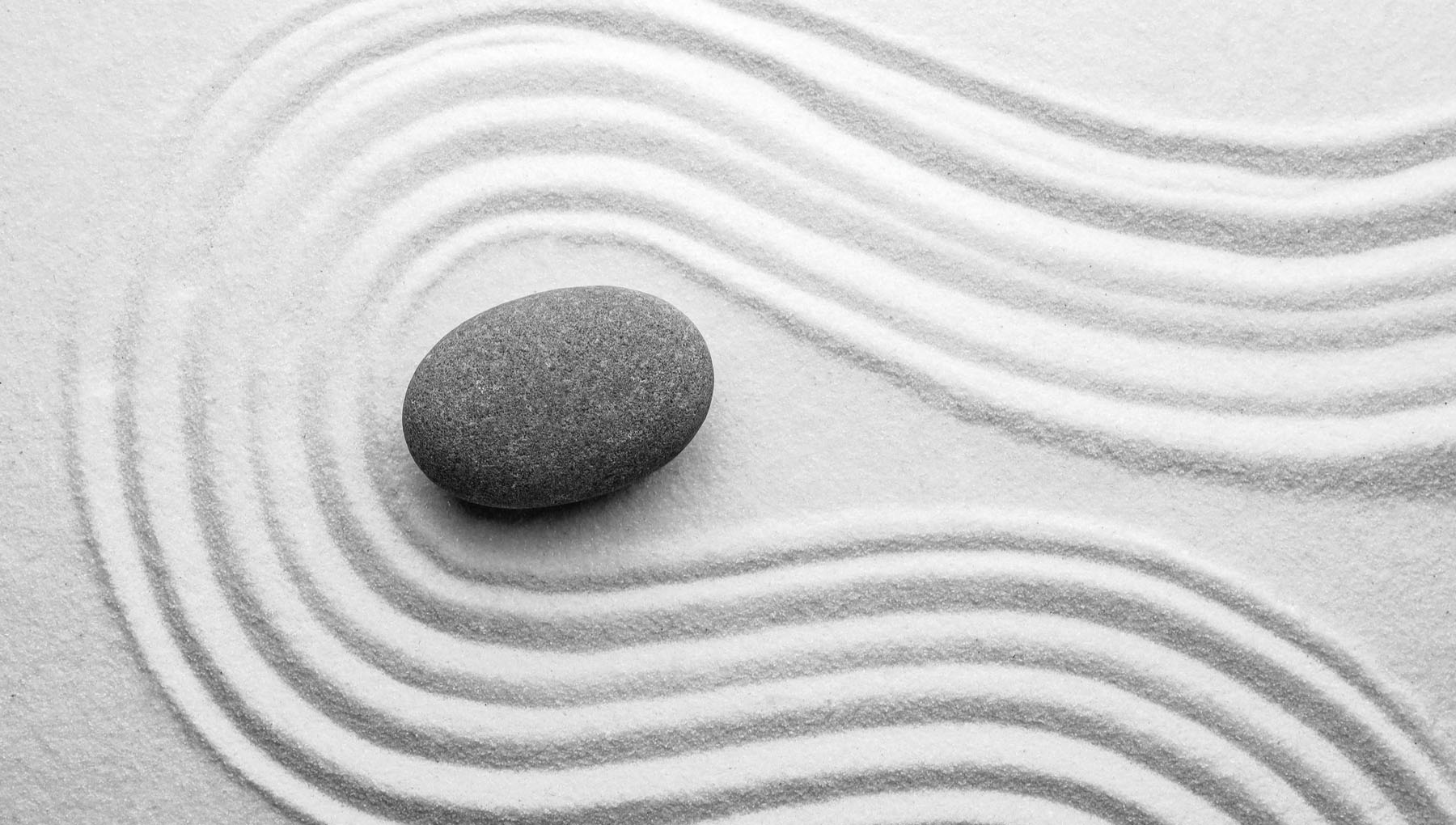You might say, we’ve got the pandemic blues. In the last 90 days, the world has battled a tidal wave of global catastrophes including political adversity, hurricanes, school safety issues, unemployment, social protests and, of course, one lethal virus. Collectively, research shows that crises over time can deeply affect your lifestyle and physiology. Daily anxiety, for instance, can metabolically increase your appetite, induce migraines, and interfere with deeper sleep. Maybe worst of all, chronic stress can damage your immune function, which is especially perilous during a pandemic.
To help battle low-grade depression, mental health experts first suggest looking inward to control what you can and respond better to the chaos that you cannot. Here are five ways to decrease your hormone responses and enhance your equilibrium, or your sense of emotional balance:
1. Drink calming nutrients.
Some foods contain herbal properties that help mitigate stress and increase feelings of well-being. Research from the National Institutes of Health (NIH) suggests drinking several cups of chamomile, turmeric, and green teas daily to kickstart calming brain chemicals called dopamine and serotonin, which help minimize your human “fight-or-flight” stress response.
2. Create a personal oasis.
Once a day, retreat to a “zen nook” in a corner of a bedroom, within a home office, or even in your car. This space should include music that makes you happy or inspirational podcasts. Enhance your area with nature-inspired aromas, in the form of diffusers or organic air fresheners. Scents such as passion fruit, cedar, and subtle rose may help quell tensions.
3. Sweat outside every day.
You know that 20 minutes of moderate exercise is the natural antidote to depression. Body movement sets off a cascade of brain chemicals that promote a positive mood and increased cognitive function. Take that same exercise outdoors, however, and you double the uplifting benefits. Research from the University of Roehampton in London claims that outdoor exercise without city views or traffic noise is found to have the most positive impact on participants’ sense of well-being.
4. Plug back in the right way.
Realistically, most of us can step away from our phones and computers for an hour at a time, and scientists suggest we slate this digital downtime at least once or twice a day. When you inevitably return to the onslaught of bad news online, try substituting hard news for the first 20 minutes of re-entry. Wean your way back in with a few minutes of mindful meditation from Headspace, Woebot, and Breathe People apps.
5. Be of service.
The American Red Cross movement is a great place to start offering your services because their need for volunteers is constant during COVID. At-home or on-site opportunities include supporting blood drives and delivering services to your community. You may already have a cause that’s dear to your heart, and so you probably realize: When you do good, you feel good.









